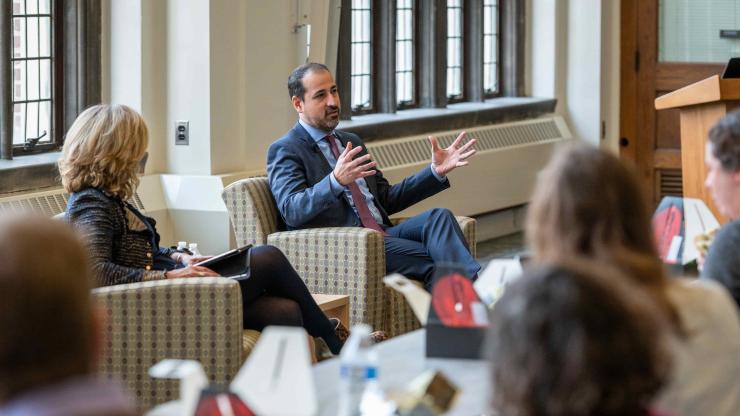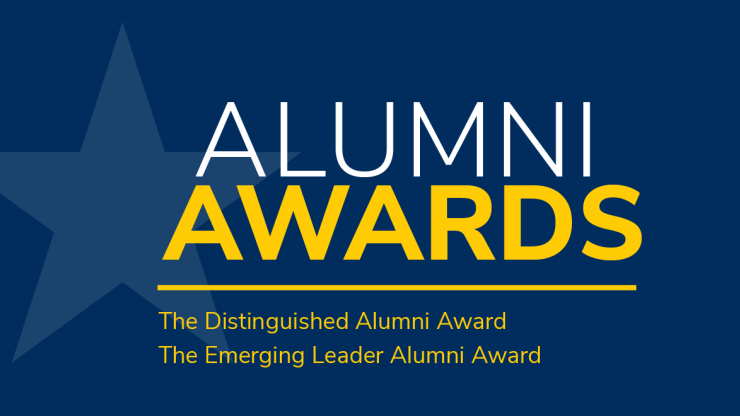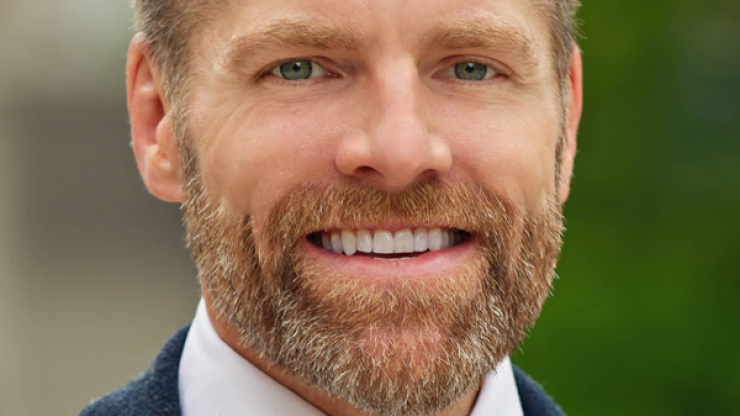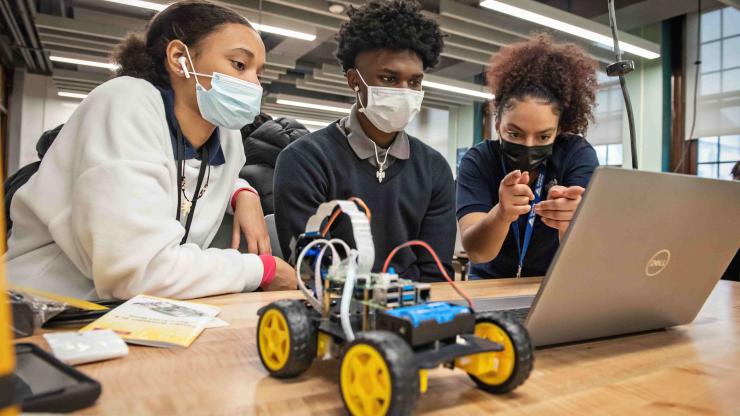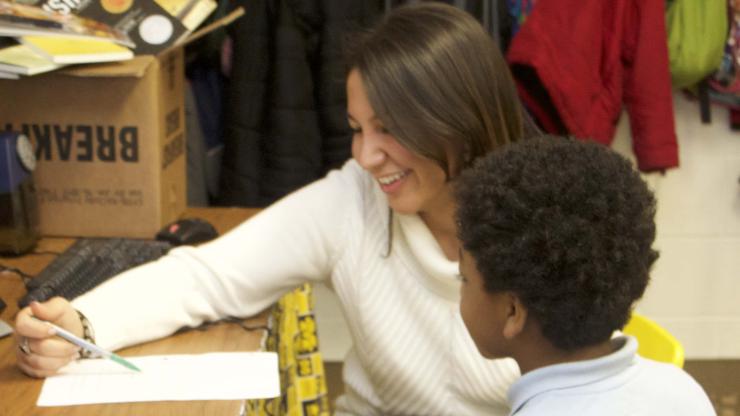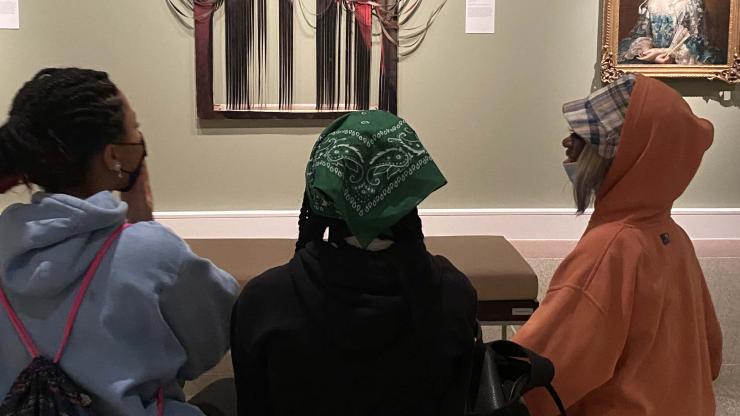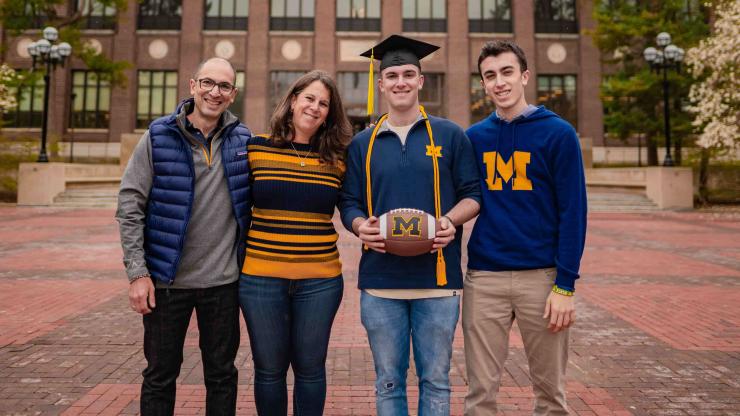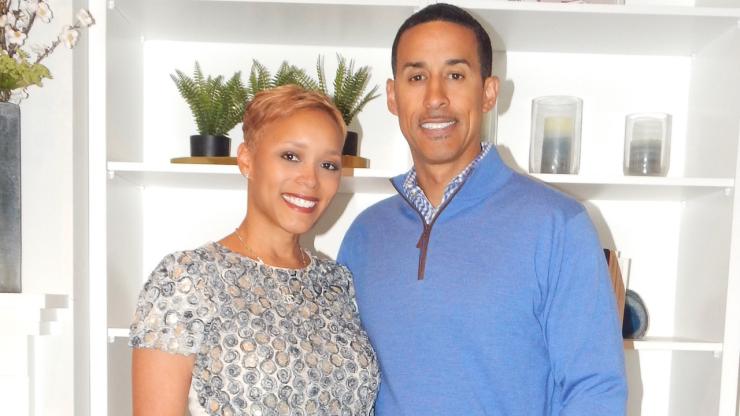Uniting Research and Practice for Students and their Teachers
The Eileen Lappin Weiser Learning Sciences Center seeks to make meaningful learning experiences accessible to all children and youth

Children should be at the center of education. That belief was what first motivated Eileen Lappin Weiser to get involved in education policy in the 1990s.
During her 16 years on the State Board of Education, she chaired the State Board’s Legislative Committee, served on the Task Force on Ensuring Excellent Educators and the Governor’s 21st Century Education Commission, and participated in National Association of State Boards of Education study groups on Teacher Coordination and Accountability. Lappin Weiser was appointed by the U.S. Secretary of Education to serve two terms on the National Assessment Governing Boards (NAGB) and served as a board member of The Fund for Improvement of Postsecondary Education (FIPSE). She served as the Governor’s proxy for the Education Commission of the States and Midwest Higher Education Compact. She currently is a board member of the Michigan Science Center and the Michigan Association of Public School Academies (MAPSA), and is serving as Chair of the Presidential Scholars Commission.
When Lappin Weiser reflects on decades supporting—and often leading—initiatives aimed at improving the quality of education in our state and nation, she recognizes the status quo is a powerful antagonist. She knows that even when most people express a desire for change, achieving it is where progress tends to stall. But Lappin Weiser believes that students and their teachers deserve better, and her new gift to the SOE is a big step in that direction.
With a $14.7 million gift, Lappin Weiser is establishing The Eileen Lappin Weiser Learning Sciences Center at the SOE. Her gift, representing the largest commitment in the school's 100-year history, will help reshape teaching and learning to meet the needs of all different kinds of learners and prepare them for the jobs of the future.
“Today's schools struggle to adapt to their learners’ needs. Far too many of our children and youth are falling through the cracks. Every child deserves the chance to learn and prepare well for life,” Lappin Weiser says. “We already know effective educational practices that can change a child’s education, and we find more every year. It's time to help schools, teachers, and students do things differently.”
Lappin Weiser believes that students can achieve high academic standards with well-trained teachers using curricula and instructional practices that guide learners to use and grow the knowledge, skills, creativity, and interests that they possess as curious young people. Schools ought to nurture students’ development as problem solvers and critical thinkers—skills that are crucial for success in the workforce, as citizens, and for personal fulfillment in life.
As Lappin Weiser points out, “A kindergartener today will retire in 2081. We are not providing the skill set they need to be successful in all areas of life. The only way we can get to that is to use what children bring into the classroom as the basis for teaching the complete child.” She is fascinated by how people learn and use knowledge. Ultimately, by supporting youth in becoming lifelong learners, she envisions the powerful benefits of a country of learners bringing their skills and expertise to bear on the complicated problems they face.
As a field, learning sciences deepens our understanding of knowledge-building by studying the incredible complexity of learning. Learning scientists bring into focus the social aspects of learning, the many purposes for learning, the diverse environments in which learning occurs, and how learners transfer knowledge to novel situations.
The center that Lappin Weiser is founding will strengthen the connections between research and practice by engaging numerous partners to study the many places and ways that learning happens. This will involve the design and testing of curricula for diverse groups of learners, collaboration with teachers and administrators to promote evidence-based practices, and efforts to scale successful education solutions to be available to all learners.
One example of the powerful child- and youth-centered learning that is missing from most curricula is project-based learning. There is evidence that project-based learning, in which students learn by exploring real-world questions and challenges, results in powerful learning experiences. Relatedly, place-based learning engages students in their physical environments, cultures, histories, and communities. The SOE has been a leader in the study and scalable implementation of project- and place-based education for decades.
“We know how to organize and enact project- and place-based learning opportunities to help children and youth become problem-solvers who recognize the purpose of their learning,” says SOE Dean Elizabeth Birr Moje. “With the resources of the Eileen Lappin Weiser Learning Sciences Center, U-M can move findings of cutting-edge research into the hands of teachers, school leaders, and policymakers.”
The SOE will engage with teachers, students, families, and school leaders in its research-practice partnerships with The School at Marygrove and the Mitchell-Scarlett-Huron Teaching and Learning Collaborative. Researchers, teachers, and learners will work together to produce new research findings generated from practice. This community-engaged work will shed light on what it takes to successfully bring project- and place-based work to life.
Moje looks with great hope to the promise of the center to effect change for learners everywhere: “The Eileen Lappin Weiser Learning Sciences Center will leverage the best evidence that we have about how the convergence of context, culture, emotion, and cognition impact learning to generate meaningful curricula, engaging tool and technologies, and thoughtful assessments to enhance the learning experience for all people, both in and out of school.”
